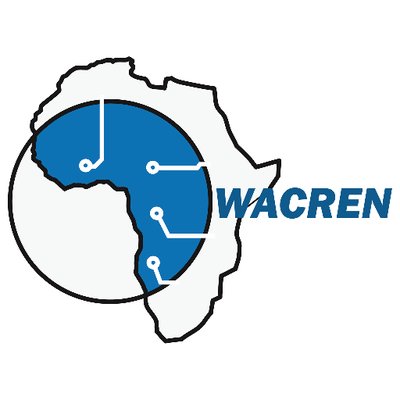By Felix Khanoba
Stakeholders have called for massive investment in research to address the developmental needs confronting Africa.
Chief Executive Officer of the West and Central African Research and Education Network (WACREN), Dr. Boubakar Barry, made the call while fielding questions from newsmen on Monday in Abuja.
He was speaking ahead of the 9th Annual Conference, being organized by WACREN which is scheduled for March 7 and 8, 2024.
The WACREN boss said the conference, which will attract stakeholders in research and education in Africa, has its thrme as “Charting the Course: Forging Future-Ready Higher Education and Research Communities.”
The conference, hosted by the Nigerian Research and Education Network (NgREN), a flagship of the National Universities Commission (NUC), is expected to draw participants from across the globe.
According to Barry, the regional conference is an opportunity for knowledge exchange, networking, and partnerships, especially in the face of the multifarious challenges confronting Africa.
On the need to mobilise more resources for research, Barry expressed concerns that most African countries, except for South Africa, Morocco, and Tunisia, are not close to the recommended government spending on research.
He, however, acknowledged that some governments are making efforts, but “I think they (governments) should do more because without research, we will not make progress, and we cannot address the challenges for societal development.”
Barry further emphasized that through insightful presentations, panel discussions by subject-matter experts, and participants’ interactions, research and education networks and their communities are expected to determine a clear path to a more sustainable future and prepare to tackle emerging challenges and realities.
He said, “Having been tested but fortified by the challenges posed by the rippling effects of COVID-19, RENs and the higher education fraternity need to bring the lessons of the past to define a sustainable future.”
“This year’s Conference is unique as it serves as the forum for all stakeholders in our ecosystem to chart the course of our common future with a common resolve. We hope for highly interactive events where various stakeholders will deliberate on matters of community interest for the development of research and education in our part of the world,” Dr. Barry added.
“As critical stakeholders in advancing digital connectivity and fostering collaboration across Nigeria’s research and education landscape, NgREN is proud to spearhead initiatives that empower academic and scientific communities in the Nigerian University System,” he said.
On his part, the Secretary-General of the Committee of Vice-Chancellors of Nigerian Universities (CVCNU), Professor Yakubu Ochefu, underscored the importance of the Open Science Platform, “a global initiative directed at producing best practices on how to conduct research, store research, and share research with a community of stakeholders ranging from students to other professionals and the rest of society.”
He disclosed that as part of deliverables from a workshop held last year to set an agenda for the conference, CVCNU would be presenting a draft model of the Open Science Policy for Nigerian Universities at the event.
He said that CVCNU was collaborating with the Tertiary Education Trust Fund (TETFund) to deliver on a project called TERAS (Tertiary Education, Research, Applications & Services), in the Science Platform, aligning with the policy guidelines.
He recalled that the first phase of TERAS was launched by the Minister of Education, Professor Tahir Mamman in October 2023.
“What TERAS has done is to put nearly 2 billion pages of research output from Nigerian Universities into a database. We have not had that before. Those of you who went to school had written Ms.C, Ph.D. projects, and most times the projects end up on the shelves of your libraries or the shelves of your department.”
“What TERAS has done is to put all of that into one database so that anybody who can access the internet can go there and search that research and see how you can add value to the plethora of challenges that we have in Nigeria or extend the boundaries of knowledge we have in Nigeria.”
The AUTHORITY reports that WACREN is the regional research and education network for West and Central Africa aimed at building world-class infrastructure and services for the research and education community for development.
It focuses on providing affordable, high-speed connectivity to students and researchers in higher education and research institutions to discover, share, and use knowledge for development.



